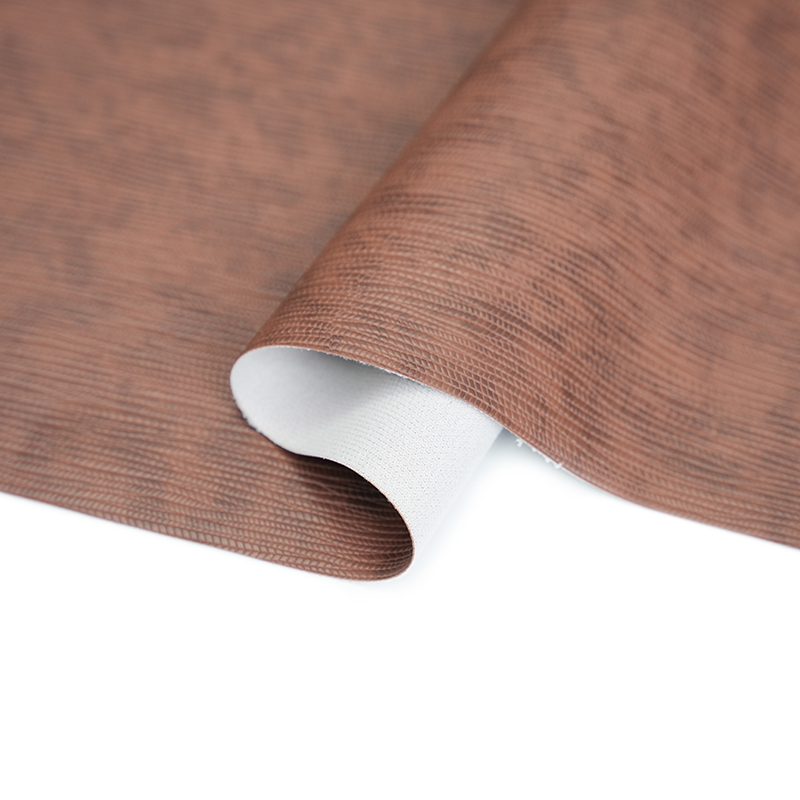Artificial leather, commonly known as faux leather, is a synthetic material designed to mimic the appearance and texture of genuine leather. It is primarily composed of a fabric base coated with a plastic layer, such as polyurethane (PU) or polyvinyl chloride (PVC). This innovative material has gained popularity in various applications, particularly in furniture upholstery, due to its versatility and cost-effectiveness.
One of the primary benefits of using artificial leather for sofas is its affordability. Compared to genuine leather, faux leather is significantly less expensive, making it an attractive option for budget-conscious consumers. Additionally, artificial leather is easier to maintain; it is resistant to stains and spills, and cleaning typically requires only a damp cloth. This makes it ideal for households with children or pets.
Another advantage is its durability. Artificial leather is less prone to cracking, fading, and peeling over time, ensuring that the sofa maintains its aesthetic appeal for an extended period. Moreover, faux leather is available in a wide range of colors and textures, allowing for greater customization to match various interior designs.
While both materials offer a leather-like appearance, there are distinct differences between artificial and genuine leather. Genuine leather is made from animal hides and requires more intensive care to maintain its quality. It is also more expensive and may not be suitable for individuals seeking cruelty-free products.
In contrast, artificial leather provides a similar aesthetic without the ethical concerns associated with animal products. It is also more versatile in terms of design options and is generally more resistant to environmental factors such as UV rays and moisture.
Proper maintenance is essential to prolong the lifespan of an artificial leather sofa. Regular cleaning with a mild soap solution and a soft cloth can prevent dirt buildup and maintain the material's appearance. It's important to avoid using harsh chemicals or abrasive materials, as these can damage the surface.
Additionally, artificial leather should be kept away from direct heat sources and sharp objects to prevent cracking and punctures. Applying a conditioner specifically designed for faux leather can also help maintain its suppleness and prevent dryness.
Artificial leather is often considered a more environmentally friendly alternative to genuine leather. It eliminates the need for animal hides, reducing the demand for livestock farming and its associated environmental impacts. Furthermore, many artificial leather products are recyclable, contributing to a circular economy.
However, it's important to note that the production of artificial leather involves synthetic materials and chemicals, which can have environmental implications if not managed properly. Therefore, consumers should consider the entire lifecycle of the product, including manufacturing processes and end-of-life disposal, when evaluating its environmental impact.
